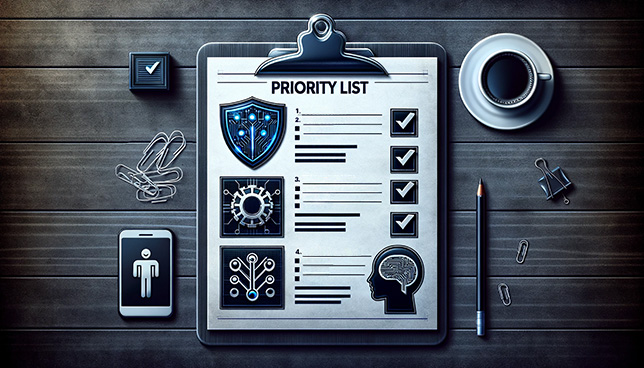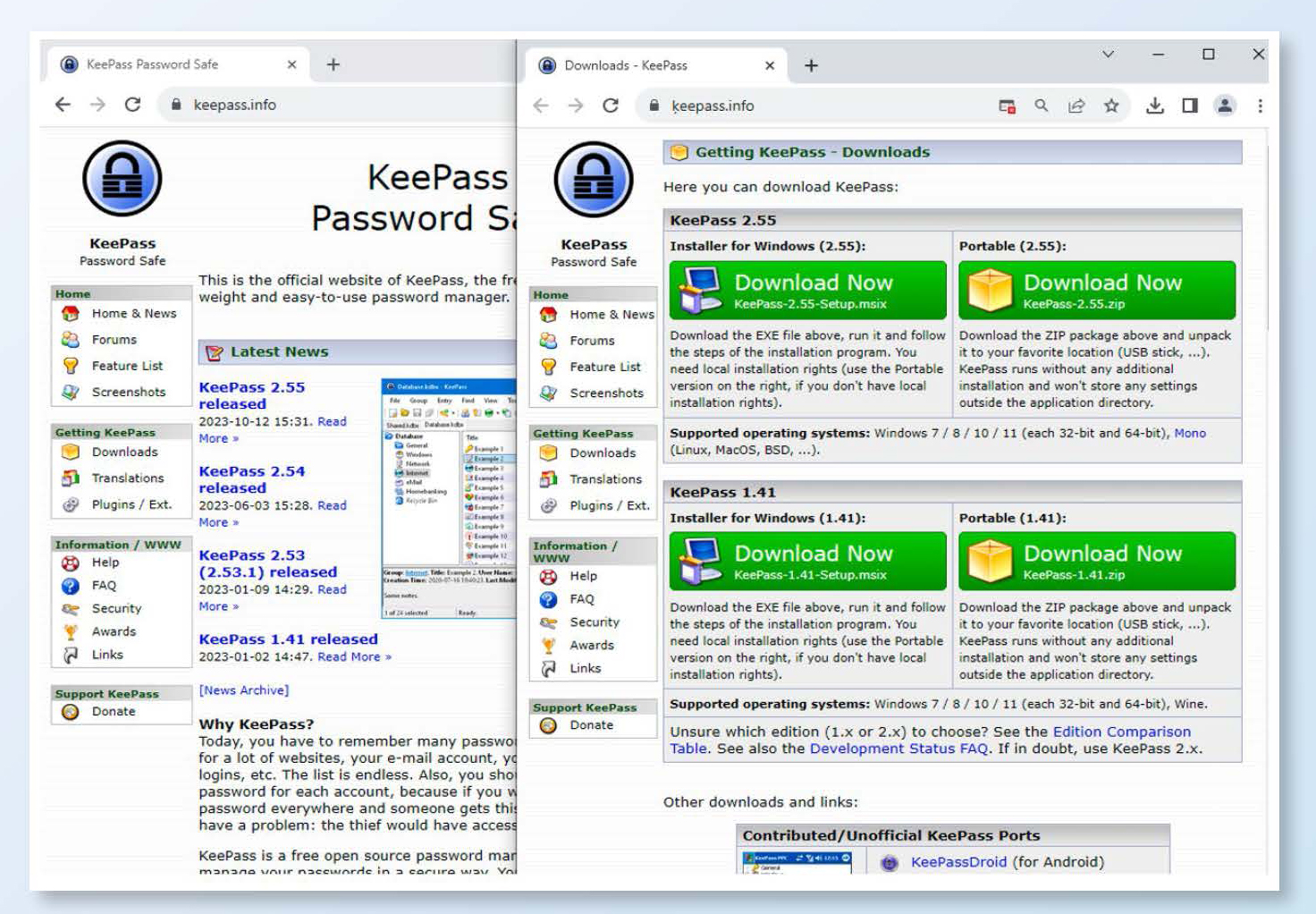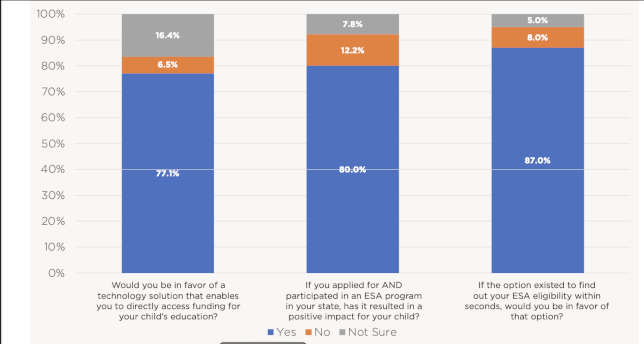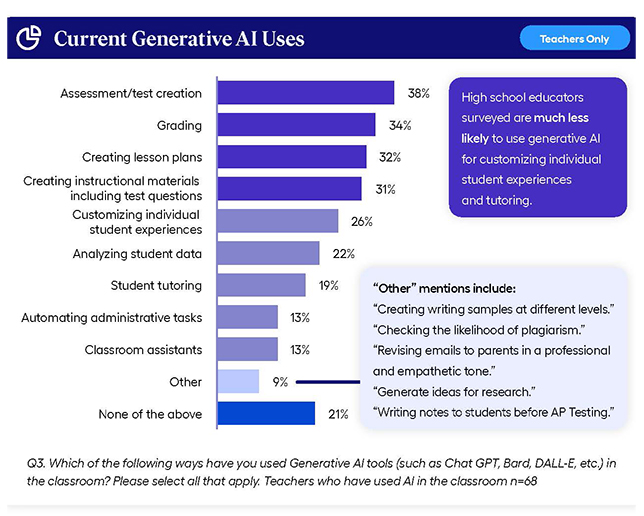
In education consulting company EAB's 2024 "The Voice of the Superintendent" survey, while superintendents agree that adopting AI is important, non-academic challenges make it a low priority.

The Consortium for School Networking (CoSN) has released its annual list of the top hurdles, accelerators, and technology enablers impacting schools and districts this year.

New research from Malwarebytes ThreatDown analysts shows that 2023 was the "worst year on record" for education, with a 105% jump in known ransomware attacks targeting the sector and a 92% rise in ransomware targeting K–12 education specifically — with nearly half of those targeting U.S. school districts.

IBM's 2023 AI Adoption Index survey of enterprise-scale companies worldwide found that about the same number (42%) adopted AI early on as those who are still exploring or experimenting with it (40%). But of those who adopted AI early, 59% are accelerating their use or investment in it.

2023 has shown the largest growth in percentage of high schools offering foundational CS since 2018: while 57.5% of U.S. public high schools offer it, compared to 53% last year, access disparities still exist.
According to data released by the National Center for Education Statistics (NCES), the vast majority of public schools offer summer and after-school programs, many with an academic focus, taught by full-time teachers, and most at no cost to families, but overall participation is low.

A recent nationwide poll by state-based education funding company Odyssey showed that a majority (73%) of parents want access to publicly funded, state-based K–12 education programs. These include Education Savings Accounts (ESAs), microgrants, and other funding.

Digital curriculum provider Imagine Learning, in a new survey of K–12 educators’ perceptions and uses of generative AI, found that 90% of respondents believe the technology has the potential to make education more accessible for students who need personalized learning methods.
Educators reported seeing more growth in students’ academic achievement during the 2022–23 school year, and two-thirds of educators believe that technology connecting instruction and assessment on one platform “has the power to transform teaching and learning,” according to a national survey conducted for HMH’s 2023 Educator Confidence Report.
Ed tech nonprofit Michigan Virtual is adding an AI Lab to its Michigan Virtual Learning Research Institute to explore the practical and ethical applications of generative AI in K–12 educational settings, according to a news release.